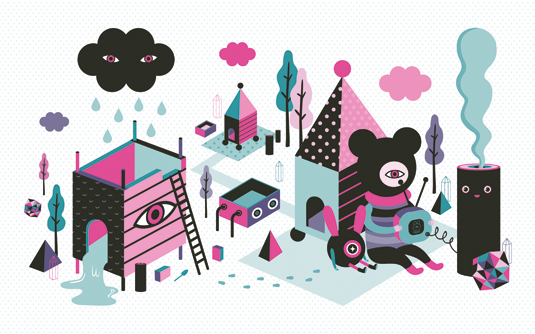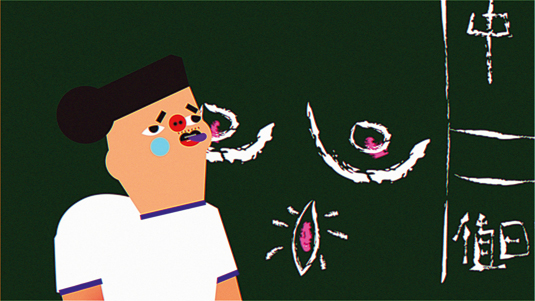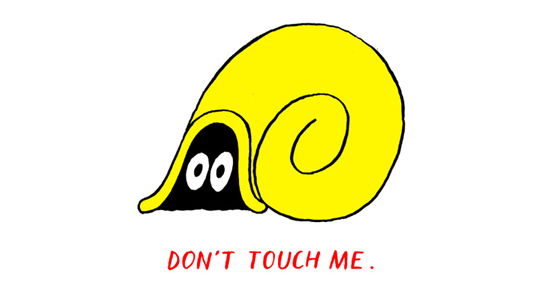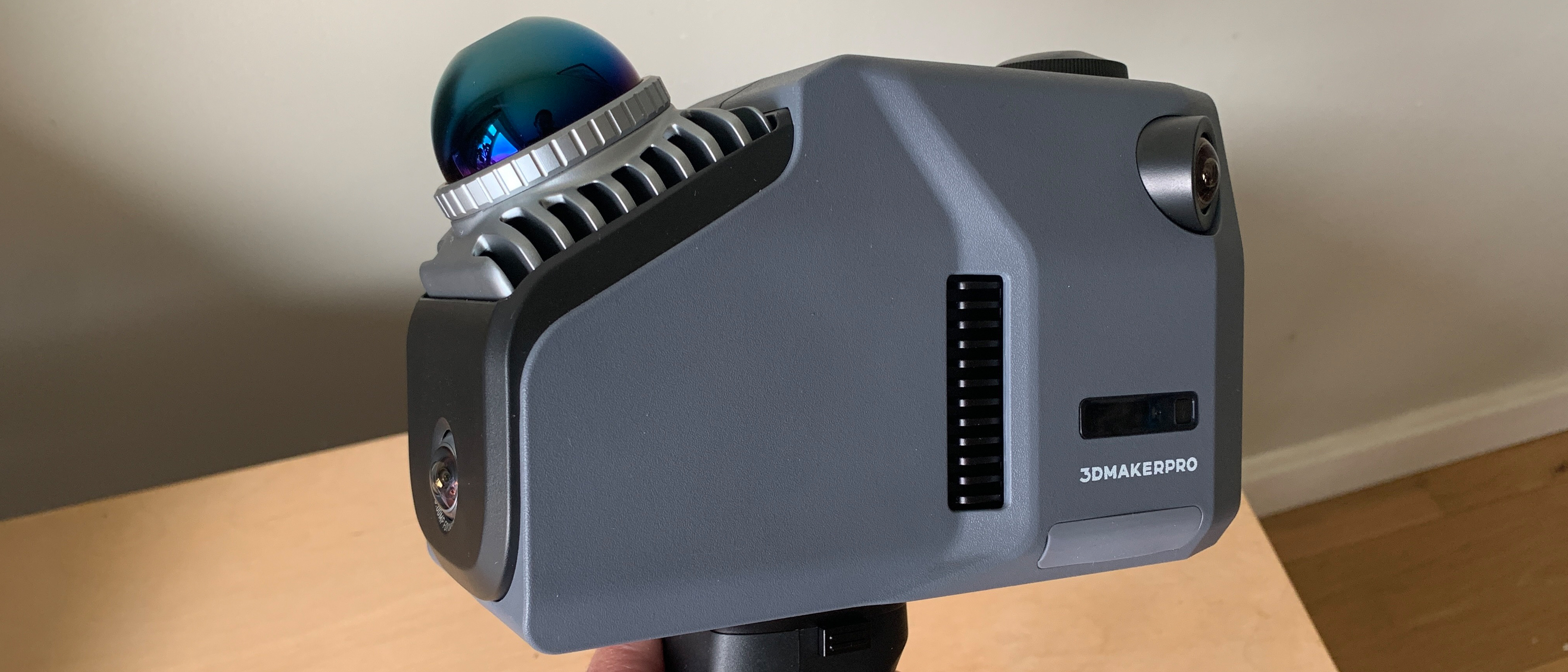19 character design tips from pro creatives
Carve your niche as a character designer with these tips from the industry's most successful artists.
Character design can open up boundless commercial possibilities when twinned with specialist skills in illustration or motion graphics.
This marriage reflects the interdisciplinary nature of modern-day practice, and the frequent cross-over of animation, illustration, typography, digital media and everything in-between.
Building your skills in any one of these areas is a valuable asset for any creative career, since the realm of character design is an enduring field that has disseminated on a global scale.
Developing an understanding of how to construct a successful character and bring together the components required to execute it commercially is a hard-won skill, but with this expertise comes a wealth of opportunity for those with the passion, drive and imagination to pursue it.
So how can you carve a niche for yourself as a character designer? Here are 19 pro tips from a selection of world-class creatives who make a living doing just that…
01. Draw every day
Constructing a character with enduring appeal presents a unique set of challenges, and for those interested in developing skills in this field there are no short cuts. To become truly great at crafting character, illustrators need to invest the time in developing their own visual language at the most basic level – by drawing every day.
02. There's no substitute for practice

"There's no science or secret behind developing a style," states Muxxi, an illustrator and character designer from Guatemala, whose 'magical creatures' (with names like Boongo, Margui and Zazuka) have been commissioned by Chattyfeet, Blik and Roboto.
"I take my sketchbook with me everywhere I go, and incorporate what I see and feel into my creations every day."
03. Don't focus on style
Many artists get stuck on the idea of building their own unique 'style', which can often hinder rather than help creative development. Paulo Muppet, studio director at Brazilian animation house Birdo, notes:
"Style can be a big thing for most artists, and both myself and Luciana [Eguti, Birdo co-founder] certainly have preferences in the way we draw, but equally we love trying something completely new visually from one project to the other."
04. Know the story
Mixing topics such as teenage lust, shame and sexual suppression with a surprisingly fresh and luscious colour palette, narrative is the anchor by which self-taught Hong Kong-based animator Wong Ping's characters interact and connect with one another, informing how the characters look, feel and sound.
"Once the story is 50 per cent done in my head, I will then start designing the main characters and environment in order to set the mood of the piece."
05. Don't follow trends

Being stylish means not following any trend or reference, says Ping, who was selected as one of the Saatchi & Saatchi 2013 new directors and whose works have been internationally screened and exhibited. "You know you've got it when people can tell the work is yours without knowing it."
06. Do follow your gut
The process by which a character is crafted can be rather subjective, often drawn intuitively. "We tend to do whatever our gut feeling or inclination is at the time," say TADO's Katie Tang and Mike Doney, who have a global following for their unique blend of cute and nasty.
"It often depends on whether we have a brief to work to or whether it's a purely personal project. Our personal stuff tends to be a bit more warped."
07. Real-world observation is key
For TADO, taking inspiration from the real world helps fuel their ideas, and the practice of real-world observation can be endlessly fascinating. "Just by observing the mechanics of a character or animal and how they affect the way it moves and the gestures it can make can be a real source of inspiration," says Tang.
"Our work tends not to reference too many things literally – we try to imagine how we'd like it to be instead, and then use the stuff we've noted and observed to add to the characters and the environments they inhabit."
08. Eyes give life

Whimsical watercolours and over-the-edge, multicoloured magic are the trademark of the Düsseldorf-based illustrator Nadine Redlich. She believes that to give your characters personality, all that really matters is placing the pupils inside the eyeballs, as "this is where the magic lies."
09. Involve the viewer
Good character design needs to feel familiar, but at the same time bring something unexpected to the viewer, as Muppet argues. "A good design can communicate a lot about the character, but it also needs to leave enough room for the viewer's imagination. Much of the character is revealed by its behaviour, not by how it looks."
Next page: 10 more expert character design tips...

Thank you for reading 5 articles this month* Join now for unlimited access
Enjoy your first month for just £1 / $1 / €1
*Read 5 free articles per month without a subscription

Join now for unlimited access
Try first month for just £1 / $1 / €1
Get the Creative Bloq Newsletter
Daily design news, reviews, how-tos and more, as picked by the editors.

The Creative Bloq team is made up of a group of art and design enthusiasts, and has changed and evolved since Creative Bloq began back in 2012. The current website team consists of eight full-time members of staff: Editor Georgia Coggan, Deputy Editor Rosie Hilder, Ecommerce Editor Beren Neale, Senior News Editor Daniel Piper, Editor, Digital Art and 3D Ian Dean, Tech Reviews Editor Erlingur Einarsson, Ecommerce Writer Beth Nicholls and Staff Writer Natalie Fear, as well as a roster of freelancers from around the world. The ImagineFX magazine team also pitch in, ensuring that content from leading digital art publication ImagineFX is represented on Creative Bloq.
